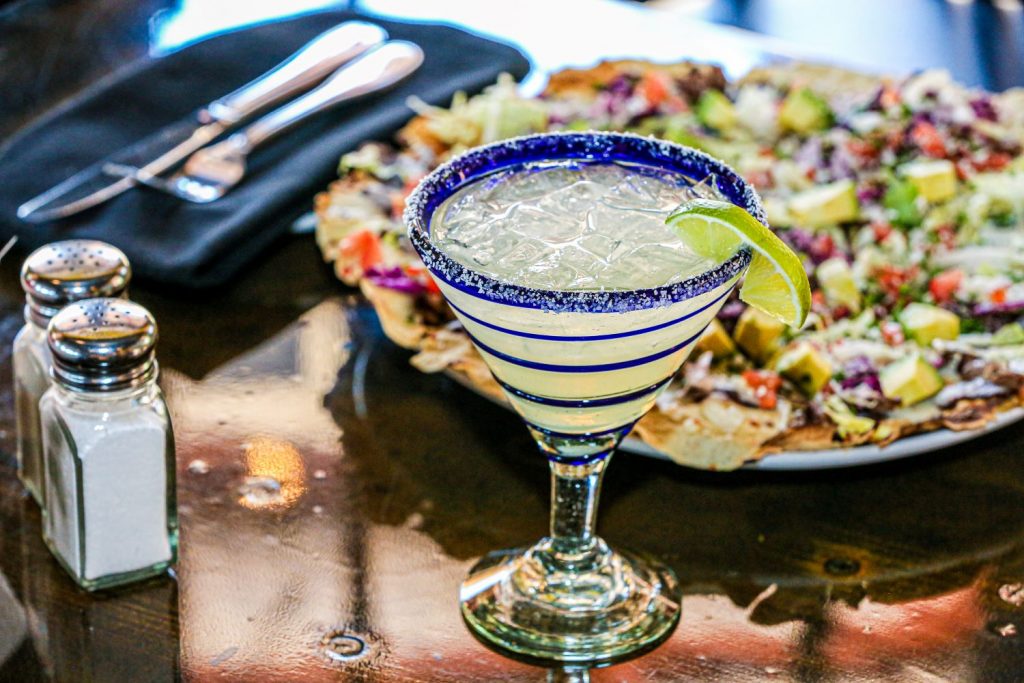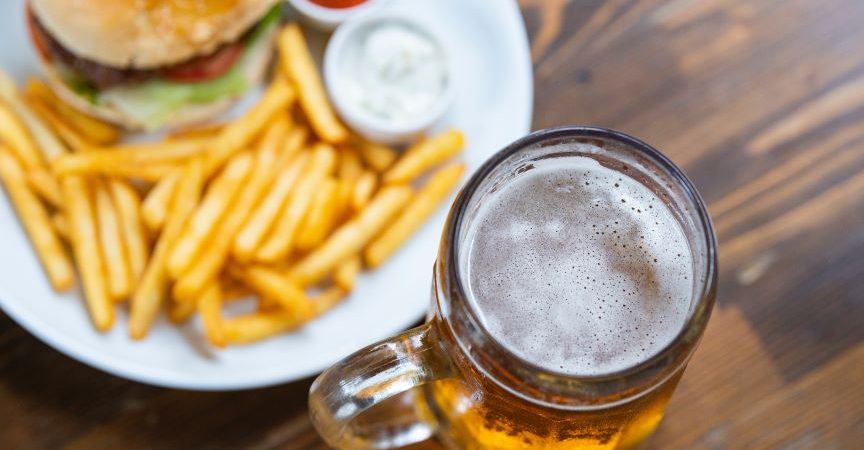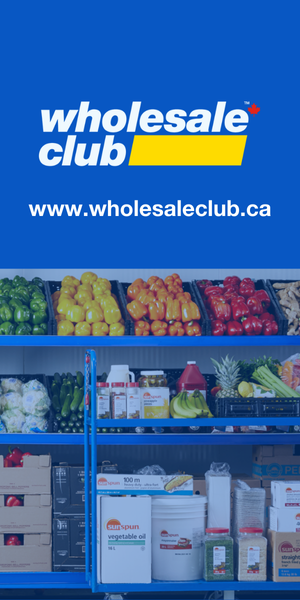How Alcohol Delivery is Changing the Game
In March 2020, shortly after COVID-19 flung most of Canada into lockdown, resulting in the shuttering of the restaurant industry, many provinces across Canada adopted temporary policy changes including the sale of alcohol with takeout orders and reducing the minimum pricing requirements for spirits sold as part of a takeout or delivery order. Meant to provide relief to businesses in the hard-hit hospitality sector, these changes provided a much-needed lifeline to restaurants that pivoted their operations in the hopes of bringing in revenue.
Later in July 2020, Ontario introduced further changes which made it possible for app-based delivery services to work with alcohol retailers to deliver their products. The changes also allowed licensed liquor delivery services to deliver to any private place.
As of December 2020, these temporary measures were made permanent, at least in Ontario. These changes are important to ensure restaurants are being supported during the pandemic by expanding opportunities in alcohol sales. This change was welcomed by many in the industry: “It didn’t surprise me when it was announced that it was permanent,” says Richard Anderson, Executive Director at Smart Serve Canada. “The Ontario government has been all about modernizing and changing and I think you’ll see more modernization moving forward with the liquor license act.”
Some of the additional items that have been approved include:
- removing restrictive rules to allow for the delivery of alcoholic beverages in food boxes and meal kits;
- allowing eligible alcohol manufacturers to deliver their own products and charge a delivery fee;
- allowing restaurants and bars to offer mixed cocktails and growlers as part of a takeout or delivery order; and,
- permitting eligible manufacturers to sell spirits and 100 per cent Ontario wine at farmers markets.
These changes have also been beneficial to app delivery services such as Uber Eats and SkipTheDishes. SkipTheDishes has been delivering alcohol since 2017, and currently delivers alcohol from restaurant partners in ON, NB, QC, and from both restaurants and alcohol vendors in MB, AB, and BC.
Regardless of whether a restaurant delivers itself or opts to use a third-party service, the two main considerations operators need to keep in mind while approaching alcohol delivery are safety and compliance. The requirements that apply to alcohol sales, service, and delivery will continue to apply to liquor delivery services, including checking ID, Smart Serve training, and not serving or selling to intoxicated people.
“Social responsibility is the key to the Smart Serve program” says Anderson, “and what we do is assist those who sell and serve alcohol to understand the current legislation and liability and the duty of care. A big part of the program is to protect the employee whether they are handling and selling alcohol or delivering it.”

SkipTheDishes had already been delivering alcohol in some provinces prior to the broader adoption of alcohol delivery across Canada, and had existing systems and processes in place to make sure they could safely deliver alcohol from restaurants. They deliver to over 30,000 partners on the Skip network and have seen a 99% increase in restaurants joining the network since the pandemic began. “As provinces began changing legislation, we updated our network to support the nuances of each province and implemented new app features that allow our restaurant partners to diversify their menu offerings, giving them the ability to sell alcohol with food orders,” says Howard Migdal, Managing Director, SkipTheDishes Canada’ . “We’ve also added thousands of couriers to the network that are certified to deliver alcohol, with Skip’s algorithms only assigning alcohol orders to couriers who have verifiable proof of required training (such as Smart Serve certification).”
So have these changes in legislation made any impact on the industry? According to SkipTheDishes an order that includes alcohol typically sees check sizes increase by 44% compared to a non-alcohol order from that same restaurant, and, where alcohol is included on a menu, between 5% and 10% of all orders will include alcohol. “More than 80% of customers have ordered from a restaurant they have never been to in person—these are brand new customers for our restaurant partners that they would not have been exposed to otherwise, and this creates an opportunity to ‘wow’ them with their food, increasing the likelihood of repeat orders.”
For SkipTheDishes, wine and beer are the most popular beverages with customers who are ordering alcohol from restaurant partners. In AB, BC, and ON, beer is the clear winner, accounting for more than 69% of alcohol items ordered. Out of those same provinces, BC shows an affinity for wine, placing 15% more wine orders than customers in ON. Most interestingly—Quebec was split right down the middle, exactly tying for the number of beer and wine orders placed across the province.
Understanding that many restaurants are critical of the fees charged by food delivery platforms, support is critical to the food industry. “When the second wave of COVID restrictions hit in late 2020, we immediately re-introduced our support package for local, independent restaurants in affected areas of the country where dining rooms were required to close,” says Migdal. “When taking into account the 25% commission rebate we have implemented in affected regions of the country as part of that package, all local, independent restaurant partners on the SkipTheDishes platform are paying less than 20% in commission while their dining rooms are closed, which is lower than the commission caps put in place by some provinces. In addition to the 25% commission rebate, we’re offering new restaurants joining the network during lockdown periods 0% commission for 30 days, and a 10% commission rate to any restaurant looking to utilize staff to facilitate their own delivery.”
To optimize delivery menus, SkipTheDishes recommends restaurants are strategic with how they list alcohol items on menus. “We’ve seen that the menu location and overall awareness of alcohol on restaurant menus can lead to customers adding alcohol to a food order, which leads us to believe it is more of an impulse decision than a planned decision to come onto the platform to order drinks with their meal,” says Migdal. “To increase awareness of those products and tap into those higher check sizes, our teams can work with our partners on not only how to best strategically place their products, but how to recommend wines and beers with different food items, and even suggest specific recommendations based on user preferences, just as they would if the customer was dining-in. It’s similar to including menu images of food—the presentation and placement directly influences the likelihood of ordering.”
Seeing even more modernization in alcohol legislation is something that both Smart Serve and SkipTheDishes are in support of.” We certainly encourage restaurants and bars to continue to lobby for changes through associations like Restaurants Canada,” says Anderson. “The ACGO (Alcohol and Gaming Commission of Ontario) has been developing a new product called the LLCA )Liquor License and Control Act) which is the new vision for alcohol and delivery which hopefully will be approved by the government in the next six months, addressing a lot of the legislation that hasn’t been changed in an awfully long time. It’s important that we see our restaurant community become vibrant again because it’s a really important part of our economy.”










With restaurant margins somewhere between 10-20% on average this service (Skip) is still robbery and you guys promoting it shows how much you’ve been paid off. All they did was steal an app idea from a US company, take a bunch of free tax dollars from the Sask government and now continue to rob from hardworking restaurants. They don’t care about the restaurants or food quality, and I have had far more poor experience using the in urban centers than positive.
Plus, your numbers are skewed because most customers are not gonna pay what they usually do for a cocktail in a restaurant when they can order direct at home for a fraction. Hence the wine and beer sales. I’d be curious to know what lost restaurants are making or charging for their alcohol but your astute reporter didn’t even ask that question. Liquor delivery has not changed much at all for most restaurants, but seeing antiquated liquor laws scrapped is definitely a plus in most of Canada. Hopefully they realize how old the system is and make some real effective changes!
These updates to alcohol take out and delivery legislation in Ontario are great, and long overdue. The problem lies that restaurants in Ontario are still forced to purchase this alcohol at Retail prices so the prices are high and the profit margin is so little it is very hard to maintain a profit without large indoor dining. In BC, restaurants now can purchase alcohol for take out at wholesale prices, which enables the restaurants to be more competitive with their pricing to the LCBO etc. Ontario needs this if they are serious about helping restaurants and broadening the accessibility of alcohol for home consumption.
Thanks for sharing a detailed information. Online liquor delivery is always a convenient option and your booze will be delivered at your doorstep within given time.
“Great share!” Thanks for sharing the information about Alcohol delivery and the benefits. I’ll keep the above pointers in my mind for further use! Moreover, paired Club is similar to the above, as they deliver the best wine subscription service BC Canada at an affordable price.
Perfect blog!! Thanks for sharing this information with us alcohol delivery app development made things easier for consumer suppose you are sitting with your friends and suddenly someone said their is no more alcohol in that case you have to go and get alcohol yourself but because of online alcohol delivery apps you don’t have to go you can simply order everyone’s favorite drink online that’s the main impact of online alcohol delivery apps.